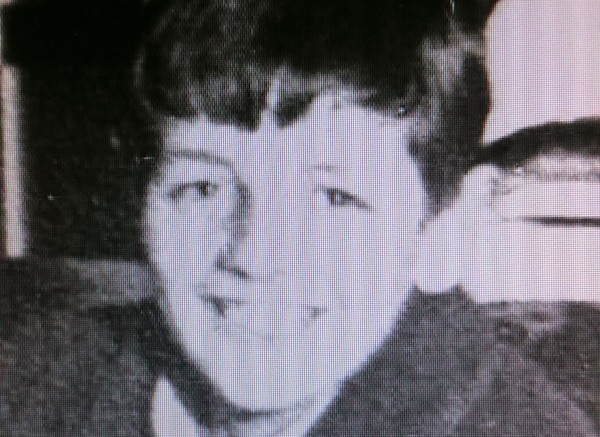
The family of a teenager believed to have been shot by a British soldier on the grounds of a Belfast hospital more than four decades ago have condemned a two-year delay to the inquest into his death.
Fifteen-year-old Patrick Crawford (pictured) was shot while walking through the grounds of the Royal Victoria Hospital on August 10, 1975, and a coroner’s court heard last year that ballistics evidence suggests he was gunned down by a high velocity rifle.
Patrick’s sister Maggie Crawford said she was disgusted that despite a fresh inquest into the shooting being ordered in 2015, there has since been “absolutely no progress”.
She accused the North’s politicians of “locking down” the funding for the hearing, due to the opposition of the unionist DUP.
Ms Crawford said: “The fresh inquest was directed in September 2015. Here we are almost two years later with absolutely no progress.
“This is despite a senior judge confirming over 18 months ago that this case should be reviewed quickly. The Lord Chief Justice met with us and other families in 2016 and told us his plans for progressing the Troubles-related inquests. His plans require the unlocking of funding by our politicians so he can get the cases heard.
“It is a disgrace that there has been no political agreement on moving these inquests forward. There is not much point in the court doing what it can for families if the politicians do not provide the support needed.
“I am very concerned that elderly civilian witnesses with important evidence may die before the inquest is heard. We need some progress to restore our confidence in the court process and our politicians.”
A preliminary hearing into Patrick’s death at Belfast’s Laganside court last year heard ballistics evidence suggested the teenager was shot by a high velocity rifle.
It was also revealed a pathologist commissioned by the now defunct Historical Enquiries Team found the trajectory of the bullet indicated it had come from an elevated position, associated with the British Army.
The case is being heard as part of a review of conflict-related deaths by Justice Weir, presiding judge of the Coroners’ Service. An inquest in December 1979 recorded an open verdict. Justice Weir is conducting an intensive review exercise of 56 long-delayed cases, covering 95 deaths.
![[Irish Republican News]](https://republican-news.org/graphics/title_gifs/rn.gif)
![[Irish Republican News]](https://republican-news.org/graphics/title_gifs/harp.gif)

